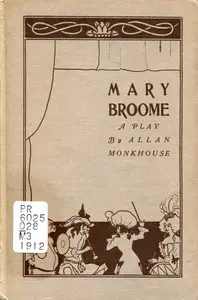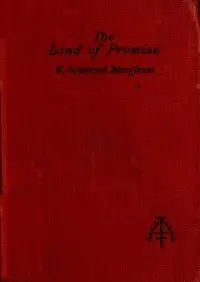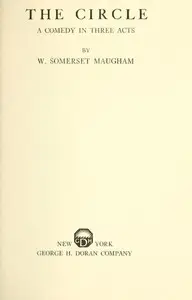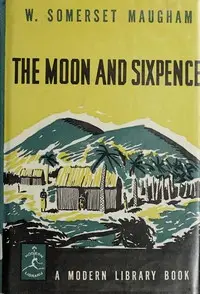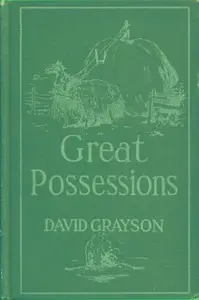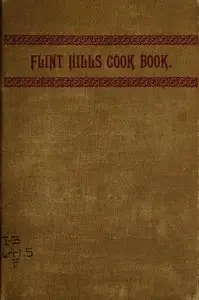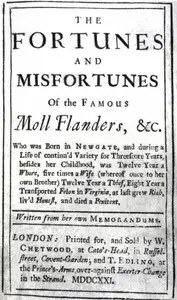"Landed Gentry: A Comedy in Four Acts" by W. Somerset Maugham explores the life of the Insoley family and the social challenges that the members of the family face in their hometown. The play follows Claude Insoley as he grapples with upholding societal expectations and dealing with personal matters, such as the return of Gann's daughter, Peggy, who has come back from London in disgrace, causing tension among the family because of her circumstances and the established rules regarding morality. The story examines morality and reputation, Grace Insoley's dissatisfaction with her marriage, and the class divisions of rural England during that time.
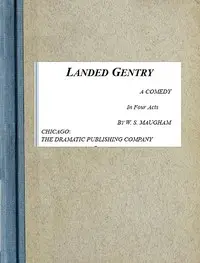
Landed Gentry: A Comedy in Four Acts
By W. Somerset (William Somerset) Maugham
In rural England, a family must navigate the harsh realities of social class and scandal when a young woman's return from London forces them to confront difficult choices about reputation and compassion.
Summary
About the AuthorWilliam Somerset Maugham was an English writer, known for his plays, novels and short stories. Born in Paris, where he spent his first ten years, Maugham was schooled in England and went to a German university. He became a medical student in London and qualified as a physician in 1897. He never practised medicine, and became a full-time writer. His first novel, Liza of Lambeth (1897), a study of life in the slums, attracted attention, but it was as a playwright that he first achieved national celebrity. By 1908 he had four plays running at once in the West End of London. He wrote his 32nd and last play in 1933, after which he abandoned the theatre and concentrated on novels and short stories.
William Somerset Maugham was an English writer, known for his plays, novels and short stories. Born in Paris, where he spent his first ten years, Maugham was schooled in England and went to a German university. He became a medical student in London and qualified as a physician in 1897. He never practised medicine, and became a full-time writer. His first novel, Liza of Lambeth (1897), a study of life in the slums, attracted attention, but it was as a playwright that he first achieved national celebrity. By 1908 he had four plays running at once in the West End of London. He wrote his 32nd and last play in 1933, after which he abandoned the theatre and concentrated on novels and short stories.





